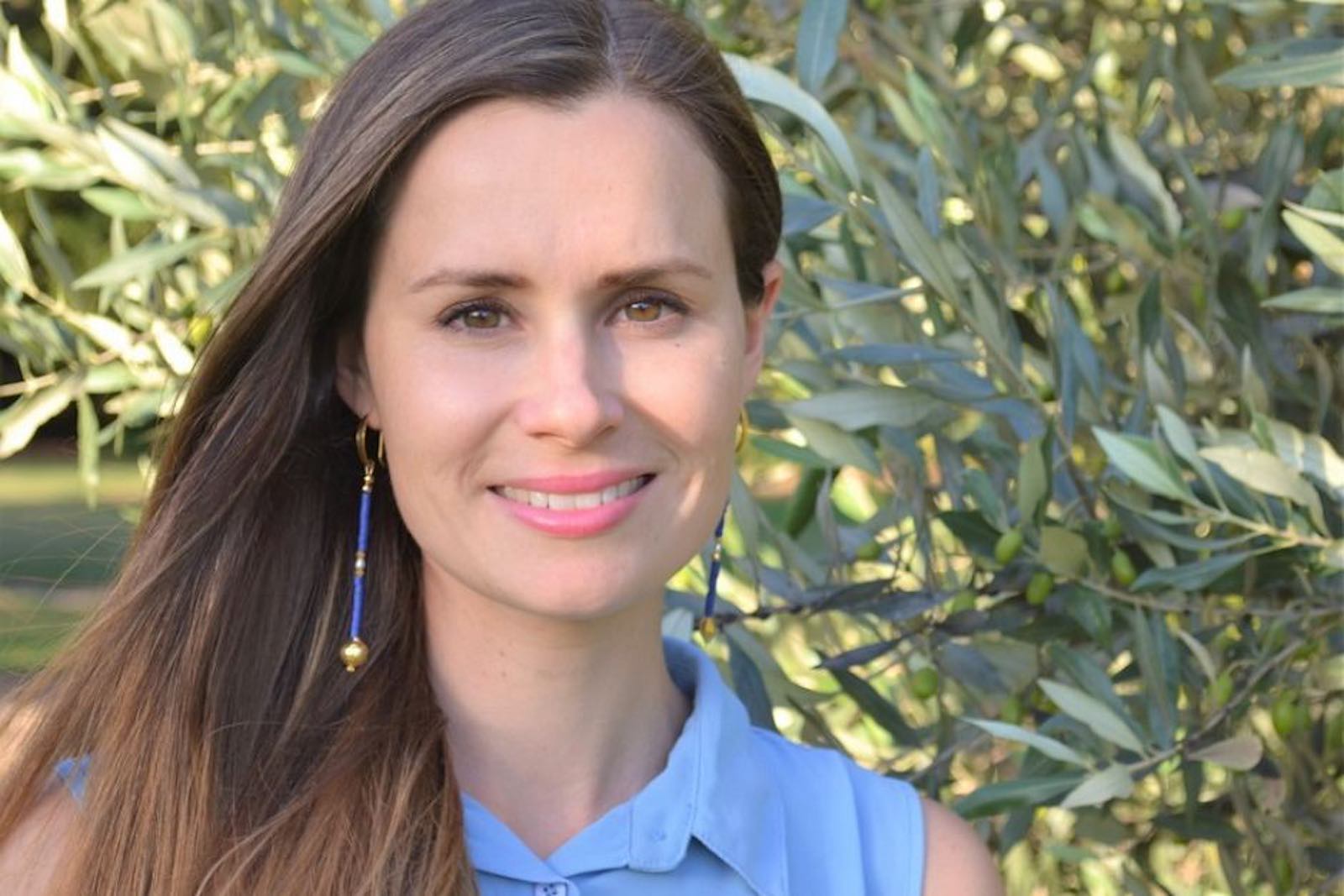Diplomacy and hostage negotiation are both subtle businesses. The training, culture and professional instincts of diplomats and negotiators make them inclined to operate behind the scenes to solve problems.
Better to work relationships to sort things out quietly, they argue, than get all shouty in public where the messaging can get out of hand.
So it is with the case of Australian-British academic, Kylie Moore-Gilbert, who has been in Ward 2-A of Iran’s notorious Evin prison since October 2018, where she is serving a 10-year sentence for “espionage”.
The Australian government unequivocally rejects the charges as baseless. Asked by reporters what his government was doing to get her out, Prime Minister Scott Morrison vaguely said
we’re doing everything that we can do to bring her home.
Foreign Minister Marise Payne wasn’t much more forthcoming. In response to a question about Moore-Gilbert, she said recently,
Our view is that we don’t accept the charges upon which she was detained, held, charged and convicted, and we want to ensure the conditions in which she is held are appropriate.
But if, after almost a year and a half since her detention, things are still dire for the Middle East specialist, the strategy has failed spectacularly.
Read the article by Peter Greste in Big Smoke.

